
Quantitative cell biology
Leaders
In the Quantitative Cell Biology laboratory, we study the biology of cells through the prism of quantitative sciences. We use cutting edge quantitative bio-imaging tools to count biomolecules such as proteins or mRNAs, measure their interactions, clustering or quantify their motion in live cells of any organism. We develop our own software tools to analyze this data. We use biochemistry, genetics and molecular/cell biological methods to decipher how genetic or epigenetic perturbations affect our “in cellulo” quantitative measurements. Then, we integrate this wealth of quantitative data to parametrize predictive mathematical models of complex, intricate cellular processes. We are in particular fascinated by the outstanding questions of how a cell takes the decision to divide into two cells, this so peculiar trait of living things. How did evolution shape cell division cycle pathways to adjust the biophysical features of each cell type to its particular functions or environment? And why cells sometimes (often!) decide NOT to divide, but instead remain quiescent, differentiate or commit suicide? Those simple fundamental questions are extremely relevant to many biomedical challenges including the limited efficiency of current anti-cancer therapeutic approaches. In particular, we are studying how the decisions to divide, to differentiate, or to remain quiescent are coordinated at the molecular level in lymphocytes and cardiomyocytes. On the medium term, our goals are to understand in depth how chromosomal translocations common in Acute Lymphoblastic Leukemia (ALL) favor the decision to proliferate over normal differentiation, and to find druggable molecular targets to re-establish cardiomyocytes division to repair the cardiac muscle post-injury.
Current lab members
Amina Tariq (2024, M.Sc. intern and project researcher)
Bernardo Moreira Soares Oliveira (postdoctoral researcher)
Florencia Guerra (doctoral researcher)
Sherif Abd El Fattah (postdoctoral researcher)
Yasin Arafat (M.Sc. thesis)
Saana Elay (M.Sc. intern)
Alumni
Aleksanteri Seppälä (20203-2024, M.Sc. thesis, co-supervision with Kirsi Ketola)
Aya Asser (2022-2024, project researcher)
Eveliina Koponen (2022-2023, B.Sc. thesis)
Franziska Herget (2024, ERASMUS exchange M.Sc. student from Heidelberg, Germany)
Gabriela Was (2023, ERASMUS exchange B.Sc. student from the University of Krakow, Poland)
Ilona Leppäjärvi (2023, B.Sc. thesis)
Jonne Nieminen (2022-2023, M.Sc. intern)
Mustafa Munawar (2022, postdoctoral fellow)
Nkiruka Osegbe (2022, M.Sc. intern)
Petra Raitaniemi (2023, M.Sc. thesis)
SaiTejveer Santhan (2023-2024, International Student Exchange then M.Sc. thesis)
Sara Leskinen (2021, M.Sc. intern)
Teemu Mäki-Maunus (2022 & 2023, B.Sc. intern)
Cooperation
-
Toronto Hospital for Sick Children, Canada
-
Rennselaer Polytechnique Institute, Troy, NY, USA
-
Wellcome Trust for Cell Biology, University of Edinburgh, UK
-
IECB, University of Bordeaux, France
-
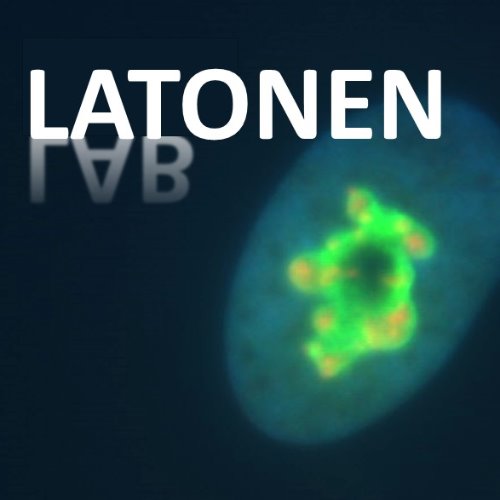 Cancer stress biology - Latonen Lab 01.01.2019 -
Cancer stress biology - Latonen Lab 01.01.2019 - -
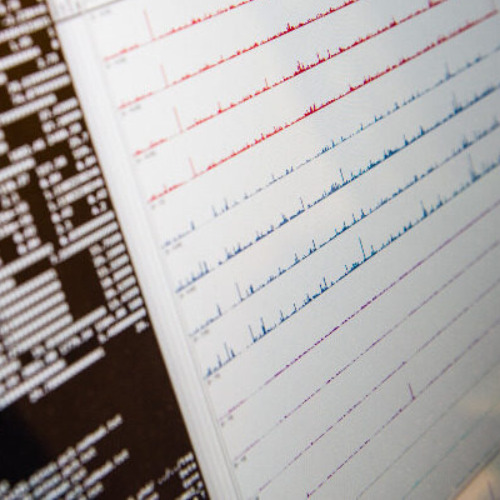 Regulatory mechanisms of steroid receptors - Niskanen lab 01.09.2020 -
Regulatory mechanisms of steroid receptors - Niskanen lab 01.09.2020 - -
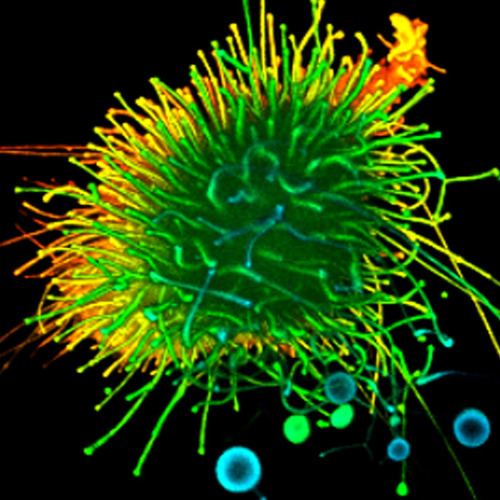 Rilla Lab 01.09.2013 -
Rilla Lab 01.09.2013 - -
 Epigenomics of vitamin D 01.10.2000 -
Epigenomics of vitamin D 01.10.2000 -
Lab News
2024-11-30: 2024 has been an amazing and very busy year, and we did not find the time to post any news here :). With the end of the year, we are saying goodbye to Amina and Franziska (visiting ERASMUS student from Heidelberg). Both have done an amazing work as M.Sc. interns and will now start their M.Sc. theses in other Institutes. Thanks again for helping with so many things, it has been a real pleasure to work with you! Welcome to Yasin, who will do a M.Sc. thesis with us, studying how cytokines influence p27 protein levels dynamics in G1 phase to ultimately control the G1/S transition. Good luck Amina, Franziska and Yasin for your theses and graduation!
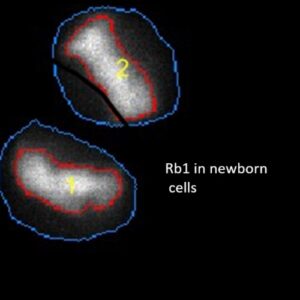
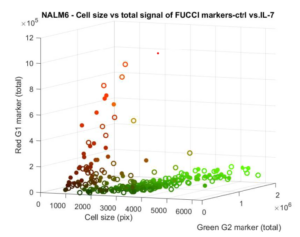
2024-01-22: Today Arthritis Research & Therapy published our exploratory work on the impact of extracellular vesicles (EVs) in inflammatory processes and joint degradation in primary knee osteoarthritis (KOA). This collaboration with Anne-Mari Mustonen and Petteri Nieminen identified molecular signatures of serum EV that were statistically significant predictors of pain, physical limitations, and other aspects of well-being for KOA patients. Identification of knee inflammation status from blood samples only without invasive sampling of e.g. synovial fluid or knee cartilage holds the promise to considerably facilitate detection of OA with minimal discomfort for patients.
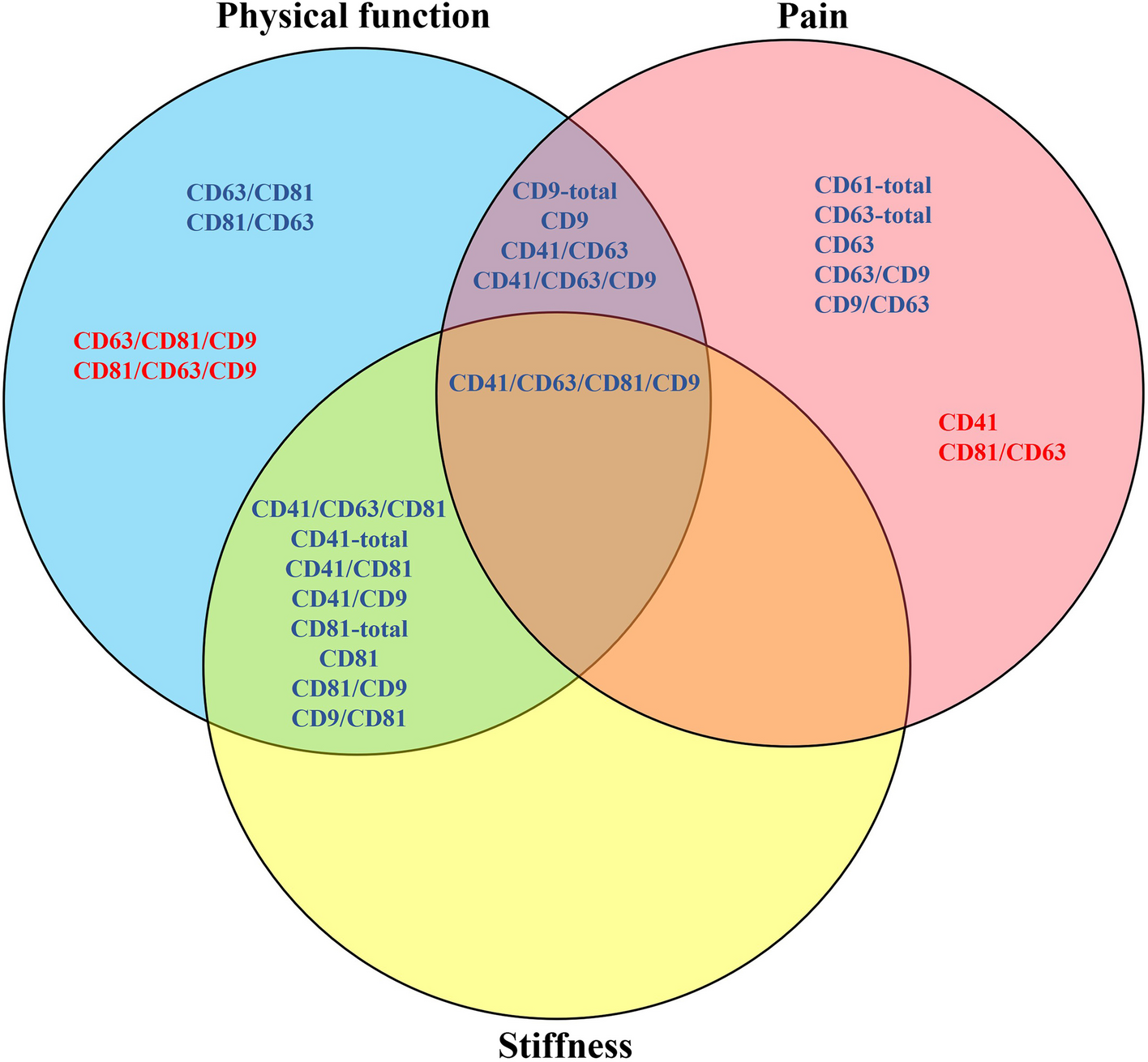
(Schematic representation of the associations of selected extracellular vesicle (EV) subpopulations with different surface markers to physical performance, pain symptoms, and stiffness of the knee joint. )
2024-01-13: Our collaborative work with Leena Latonen’s group published today in Cancer Cell Int.! Thanks Leena for offering the opportunity to learn more about the biology of Cajal bodies in the context of prostate cancer and platinum-based treatments.
2024-01-02: Happy new year to all of you, from the QCB group! To start 2024 the best way as possible, we are welcoming a new M.Sc. intern, Amina. Amina will work on quantifying E2F transcription factors in live cells. Welcome Amina!
2023-12-27: Today our second proof-of-concept paper related to the use of nuclear size as a therapeutic target in metastatic cancer has been published in Cells. In this paper, we identify a drug (estradiol propionate, EP) showing cancer stage specific effects on nuclear size, and therefore has strong potential to selectively reduce the migration of “more cancerous” cells, according to our recent pilot study. EP effects on nuclear size require the absence of the nuclear envelope transmembrane (NET) protein DHRS7 (see below), a protein whose loss of expression characterizes metastatic prostate cancers, making DHRS7 a biomarker which may predict the efficacy of estrogen therapies.

(Nuclear size of PC3 and LNCaP cells in presence of 3 or 10 uM EP vs DMSO negative control, with or without DHRS7 exogenous expression (+DHRS7) or DHRS7 removal (DHRS7 KD). DHRS7 is naturally expressed in LNCaP cells, but this expression is lost in more metastatic and advanced PC3 cancer cells)
2023-12-12: Congratulations to Petra and Eveliina who successfully defended their Master and Bachelor theses, respectively! We are currently preparing a manuscript with Petra’s quantification of Cyclin Dependent Kinase inhibitor protein expression in live human cells, and their impact on the cell cycle trigger. Eveliina’s work identified dozens of nuclear envelope transmembrane (NET) genes whose disruption associate with worse prognosis in prostate cancer, providing many targets for in cellulo follow-up studies. Exciting times! Big thank you to Petra and Eveliina for their hard work.
2023-08-17: Our review paper on Quantitative Bio-Imaging (QBI) out today in Current Opinions!
Have a look to it if, like us, you believe that it is useful to measure quantitative parameters of proteins in live cells….
The figure below shows the cross-brightness (a quantitative metric of protein binding) of DLC2 and GKAP in transfected hippocampal neurons in absence (a) or presence (b) of a competitor peptide. The Bcc goes down a lot in presence of the peptide, indicating that it disrupts the DLC2-GKAP interaction. This data can, under certain conditions, be used to estimate Kds in live cells!
2023-08-02: Following our publication over the past few months of two articles on the role of fatty acids in inflammation (collaboration with Petteri Nieminen, there will be student internships openings in our group in 2023-2024 to work on these topics. If you are interested in bioinformatics and/or fatty acids and inflammation, or if you just like the figure below because you like circles and shaded colors, don’t hesitate to get in touch!
2023-07-05: Welcome to Gabriela who’s coming from Poland to do an Erasmus summer internship with us! Caïn and Ilona will build on their summer internships to start respectively M.Sc. and B.Sc. theses on related projects.
2023-03-21: Welcome to Caïn and Ilona who will be doing summer internships in the group, and to Eveliina, Jonne and Petra who will be devoting their BSc, MSc and MSc theses to our projects and research questions :). Best of luck to you all for your experiments and models development!
2023-03-08: Our collaborative project with Adrian Bird’s group in Edinburgh just out in Scientific Reports! Check it out. It has been very enriching to contribute to the development of this Nanoluc assay to identify compounds affecting the MeCP2-TBL1 interaction (and discover new Rett syndrome/Autism treatment). We have learn a lot of very cool chemistry in the process …

2022-11-04: Welcome to Bernardo, a post-doctoral researcher who is going to investigate the transitions between cellular states in lymphocytic cell lines at the interface between our group and Merja Heinäniemi’s Systems Genomics groups!
2022-10-10: Welcome to Florencia who is joining the group for her Ph.D.! Florencia will work on deciphering the molecular mechanisms of cell size control and cell size homeostasis across organisms. An important, longstanding question that still lack a clear answer at the systems level!
2022-10-10: Our hypothesis and theory paper about how correcting cancer associated nuclear size changes could help reducing metastasis is out today in Frontiers Cell and Developmental Biology. Check it out!
https://www.frontiersin.org/articles/10.3389/fcell.2022.1022723/full
2022-08-25: Welcome to Aya (M.Sc. in applied Physics) who is joining the group in September to work on the mathematical modeling of the mammalian cell cycle. Quite a challenge!
2022-07-16: Our short research note about Whi5 synthesis in G1 cells is out now in BMC Research Notes: https://rdcu.be/cRMrF
2022-05-30: Many thanks to the Academy of Finland for funding our project on cell size control, and featuring this project in their PR. Now we have to be up to this trust!
https://www.aka.fi/en/about-us/whats-new/press-releases/2022/new-academy-projects-in-biosciences-health-and-environmental-research-emphasise-multidisciplinary-nature-and-high-quality-of-science/
2022-05-08: Welcome to Nkiruka and Teemu who are joining the group for the summer!
2022-05-01: Today’s issue of Molecular Biology of the Cell features two studies with apparently conflicting results: our work https://www.molbiolcell.org/doi/10.1091/mbc.E21-07-0349, and the work by Schmoller et al. https://www.molbiolcell.org/doi/10.1091/mbc.E21-01-0029 . Things will probably become clearer with time and more datasets addressing quantitatively the commitment to division at the G1/S transition at the cell cycle. Only thing we can say is that we’ve done our best to approach very carefully the question of Whi5/Rb dilution in G1, with all the tools we had at hand!
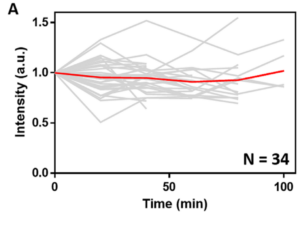
2022-04-27: Our collaborative work with Kirsi Rilla’s group has just been published today in Frontiers in Oncology!
https://www.frontiersin.org/articles/10.3389/fonc.2022.869417/full?&utm_source=Email_to_authors_&utm_medium=Email&utm_content=T1_11.5e1_author&utm_campaign=Email_publication&field=&journalName=Frontiers_in_Oncology&id=869417
Thanks to Kirsi and Niina for inviting us to be part of this! There is still a lot to discover about collective cell motion, and there is no doubt quantitative analysis methods are required. Exciting times!
2022-01-04: out today! Our side-project paper on the correlations between human mobility restrictions and SARS-CoV-2 spread is now accessible from the JPMPH website:
https://www.jpmph.org/journal/view.php?doi=10.3961/jpmph.21.522
Thanks Mounir Ould Setti for initiating this! I think we learned in this study that simple things are often not as simple as they look… but I guess the “reciprocal” is true as well (complex things might not be that complex)
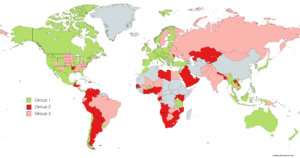
2022-03-04: today PLoS Biology published our work on yeast cell adaptation to poor nitrogen conditions, check out the summary on the link below!
https://www.uef.fi/en/article/new-micro-protein-helps-yeast-cells-cope-with-nutrient-scarcity
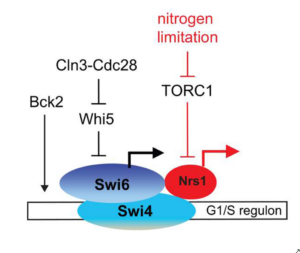
2022-02-25: Our manuscript just out in ACS chem. biol. also featured on UEF main page:
https://www.uef.fi/en/article/targeting-nuclear-size-a-new-approach-to-reduce-metastasis
2022-02-24: Some words about our research on the University of Edinburgh’s webpage:
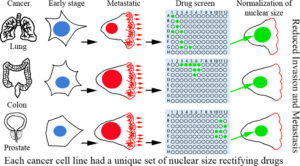
2022-01-15: Welcome to Sanna and Mustafa!
Files
1 itemsKeywords
Leaders
Post-doctoral Researchers
-
Bernardo Moreira Soares
Postdoctoral ResearcherInstitute of Biomedicine, School of Medicine, Faculty of Health Sciences -
Sherif Abdelfattah
Project ResearcherInstitute of Biomedicine, School of Medicine, Faculty of Health Sciences
Doctoral Researchers
Technicians
Other group members
-
Yasin Arafat, M.Sc. thesis candidate [email protected]


